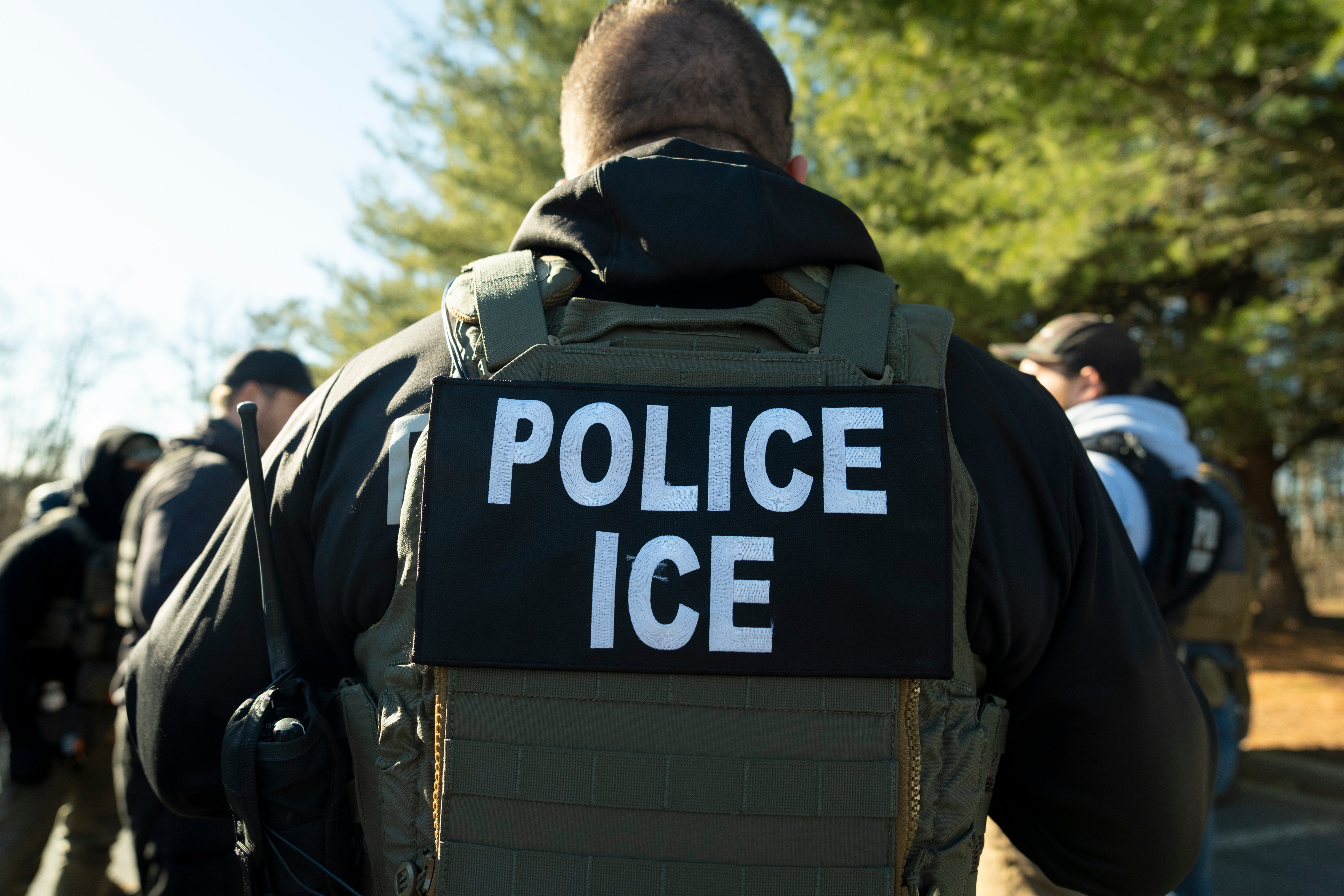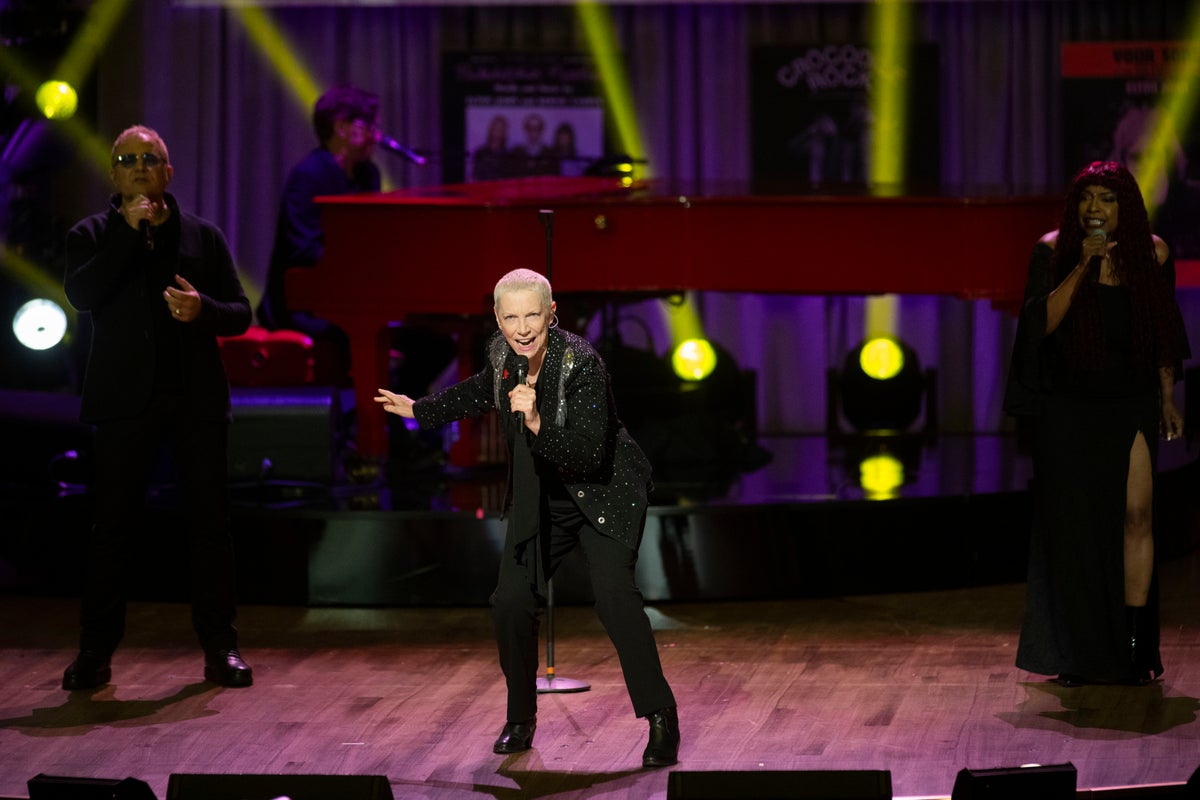A federal judge has sided with a group of Quaker religious organizations, a Baptist church in Atlanta and a Sikh temple in California that sued Donald Trump’s administration to block federal immigration arrests in their houses of worship.
Monday’s ruling from District Judge Theodore Chuang in Maryland temporarily prevents Immigration and Customs Enforcement agents from policing their places of worship, after the administration opened the door for ICE officers to make arrests in places like churches, schools, hospitals and childcare centers.
The judge, however, did not grant a nationwide injunction. Instead, ICE is blocked from enforcement actions in roughly 1,700 places of worship in 35 states, Washington, D.C. and Puerto Rico.
Judge Chuang agreed that the Trump administration’s directive has “chilled” participation and worship among their congregations, while the Department of Homeland Security has “provided no facts demonstrating how its interests, in increased immigration enforcement or otherwise, would be materially and adversely impacted” by temporarily blocking its policy as a legal challenge plays out.

“For decades, the government has recognized that everyone — no matter their immigration status — should be able to attend houses of worship without fear of a warrantless government raid,” according to a statement from Skye Perryman, CEO of Democracy Forward, which represented plaintiffs in the lawsuit.
“Religious institutions should not have to go to court to fight for the right to worship and associate freely that is enshrined in our Constitution,” she added.
For more than 300 years, Quaker groups “have been committed to the fundamental right of anyone and everyone to worship freely,” according to a statement from Sarah Gillooly, general secretary of Baltimore Yearly Meeting of the Religious Society of Friends.
“Nobody should be afraid of attending a Quaker Meeting or any other house of worship. We are grateful that the court’s decision reflects the importance of these core rights and will not let the government infringe upon them,” she added.
A similar lawsuit from more than two dozen religious groups, representing thousands of congregations across the United States, was filed earlier this month. A coalition of 27 groups — including Baptist, Episcopalian, Evangelical, Methodist, Pentecostal, Jewish and Unitarian congregations, among others — argued that the Trump administration is infringing on their religious freedoms by threatening their ministry to vulnerable immigrant congregations.
ICE agents and federal law enforcement agencies have launched high-profile raids and enforcement actions across the country, fulfilling Trump’s campaign pledge to launch the largest “mass deportation operation” in American history. Shortly after Trump’s inauguration, a DHS spokesperson said “criminals will no longer be able to hide in America’s schools and churches to avoid arrest.”
Trump and his allies argued arrests would target immigrants who committed high-level crimes, but the administration later said it was treating all immigrants in the U.S. without legal permission as “criminals.”
The United States Conference of Catholic Bishops, Church World Service, Lutheran Community Services Northwest, among others, are also suing the Trump administration to reverse the president’s abrupt suspension of tens of millions of dollars in funding for refugee resettlement, which has stranded thousands of vulnerable people in war-torn countries despite their clearance for entry.


